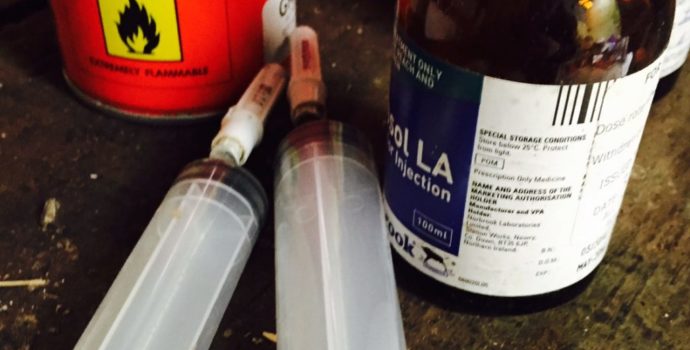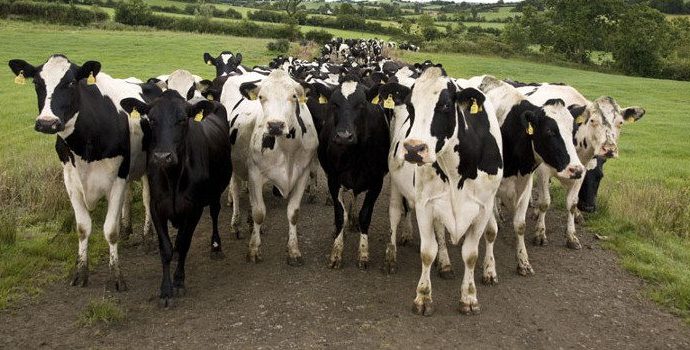Strong Live Export Trade Vital for Livestock Sector – IFA

Having attended the loading of a second boat load of up to 3000 cattle on the Angus Express to Libya in Waterford last weekend, IFA National Livestock Chairman Henry Burns welcomed the resumption of the live trade to Libya and said the trade was providing a great boost to the livestock sector at this most difficult time for farmers.
The IFA Leader said a strong live export trade is absolutely essential for the €5bn Irish beef and livestock sector in terms of cattle price competition and to secure additional market outlets for the extra cattle in the system.
Henry Burns said IFA had worked hard in securing the resumption of the live trade to Libya, and the Department of Agriculture had negotiated the necessary vetinerary certificates and cleared the ships to make the trade happen.
He said it is a priority for IFA to ensure a vibrant live export trade across all categories of livestock in 2013. In addition to resuming the trade to North Africa and the Middle East for forward stores, the target for 2013 should be to double the level of last year’s live exports to 300,000 head, including calves and weanlings. He said this would be in line with export levels during the years 2009 and 2010.
The IFA Livestock leader said 2013 has got off to a very good start with live exports up 76% from 42,000 to 74,000 head. EU exports are up 126% to 57,569 driven by strong calf exports to Holland of 20,886 and 12,875 calves to Belgium. Exports to Italy remain stable at over 5,000 head. International exports are up over 700% to 4,776 head. Live exports to Northern Ireland are down with the change in sterling to 9,539 to the beginning of April.
Henry Burns said the experience from 2011 and 2012 has shown that the best outlet for male calves from the dairy herd is the veal trade in Holland and Belgium. He said the live export market for weanlings into Italy and Spain is critical to price competition for younger stock in the marts.
Henry Burns said security of payment is hugely important. “Farmers should sell their cattle through their local livestock mart where payment is secure, and insist on payment upfront if selling off the land.”




